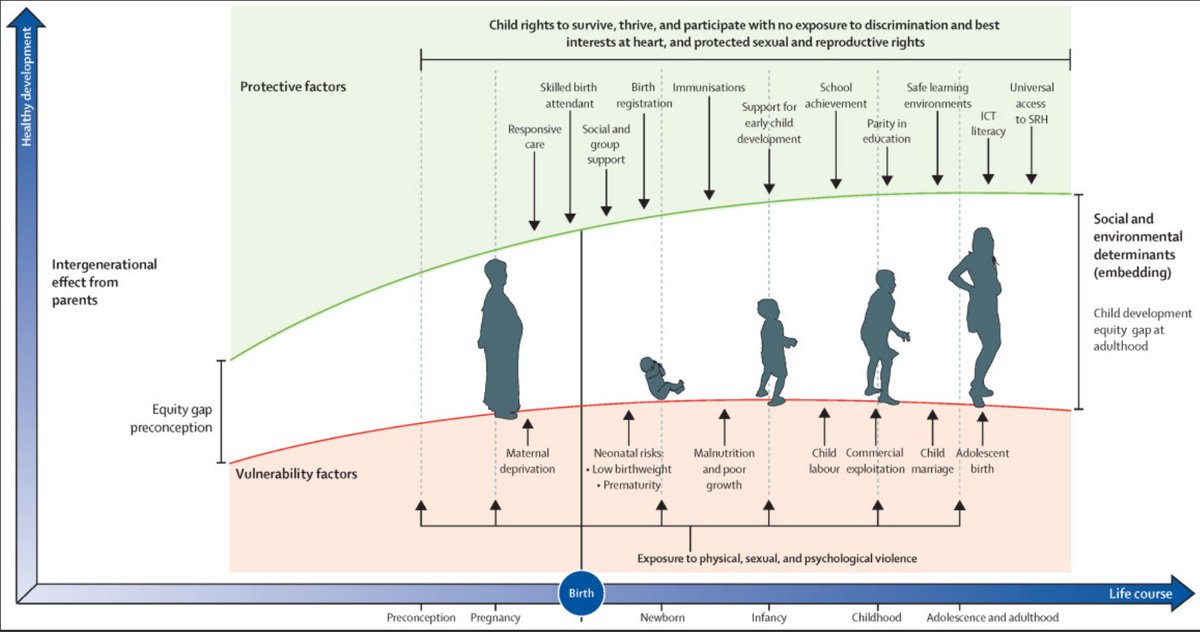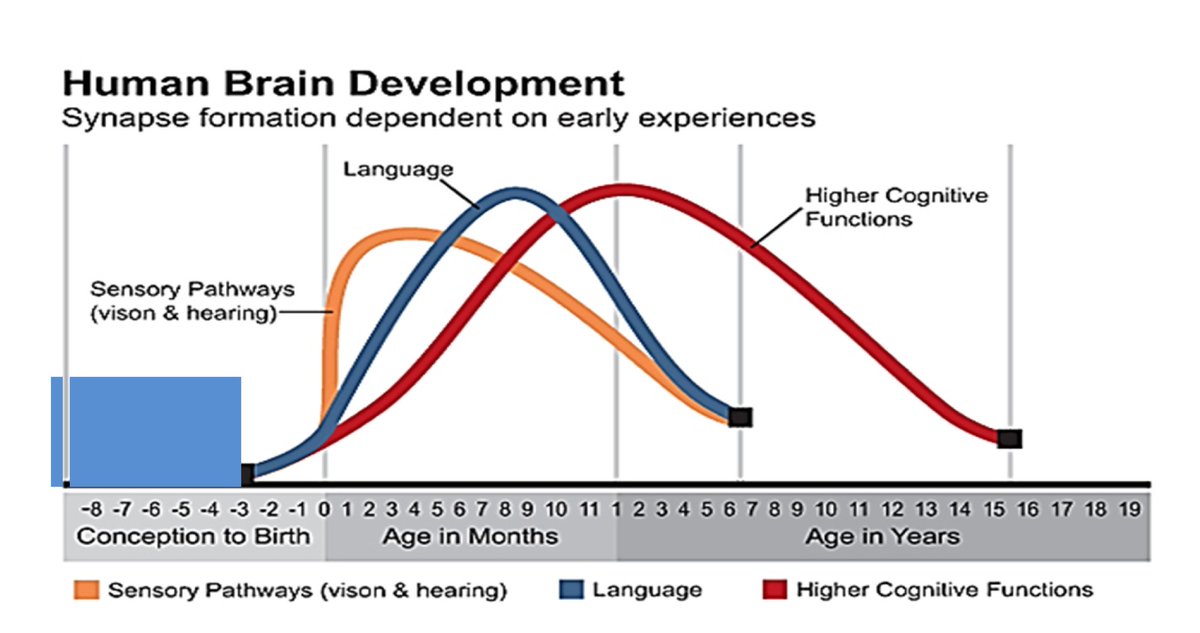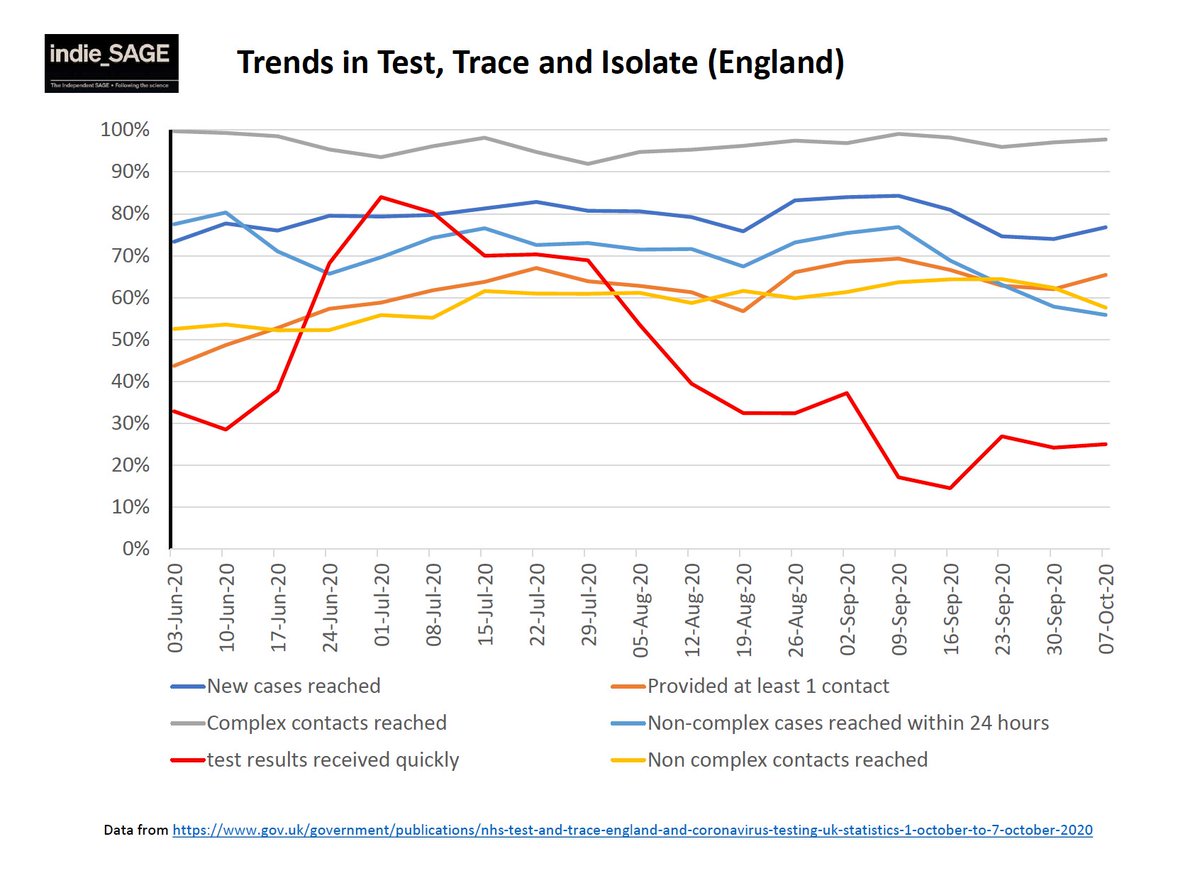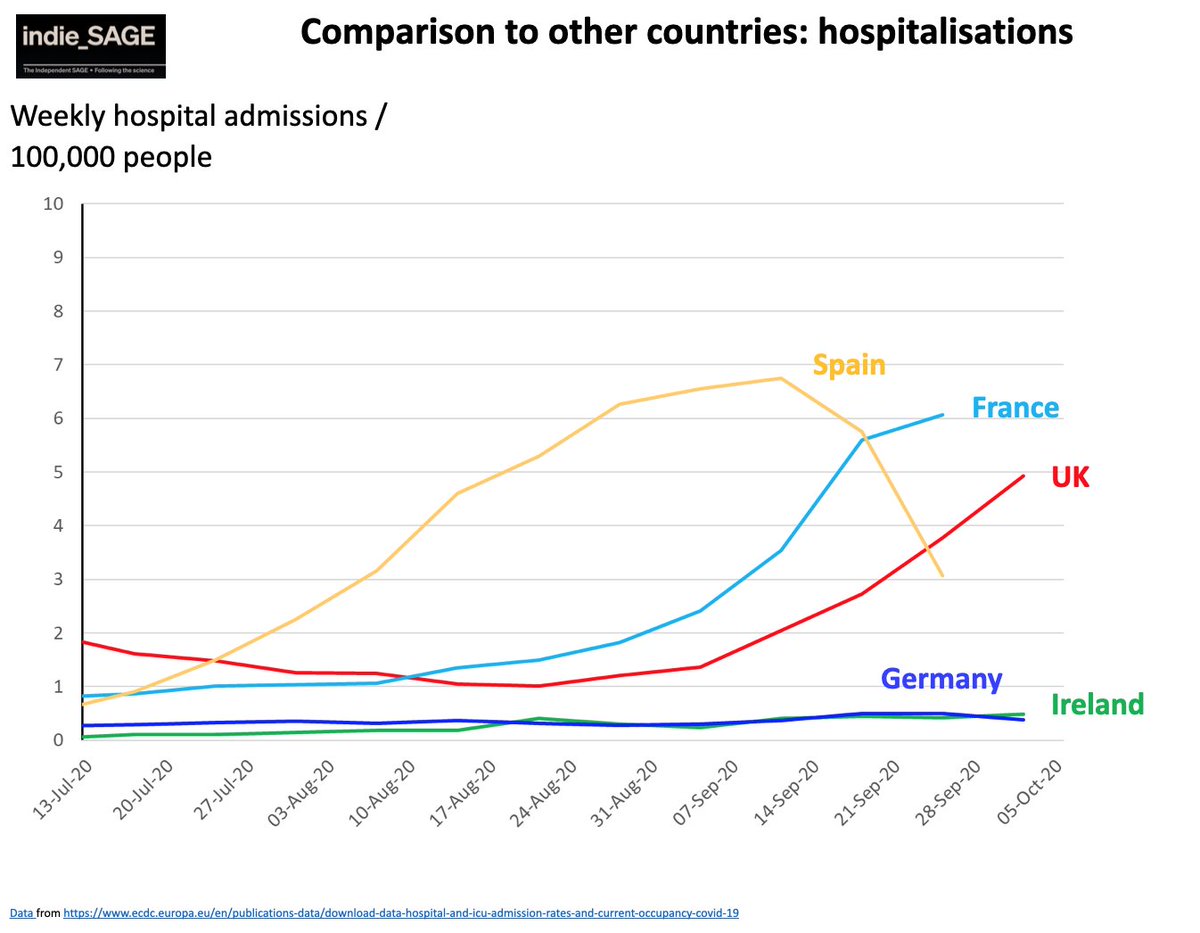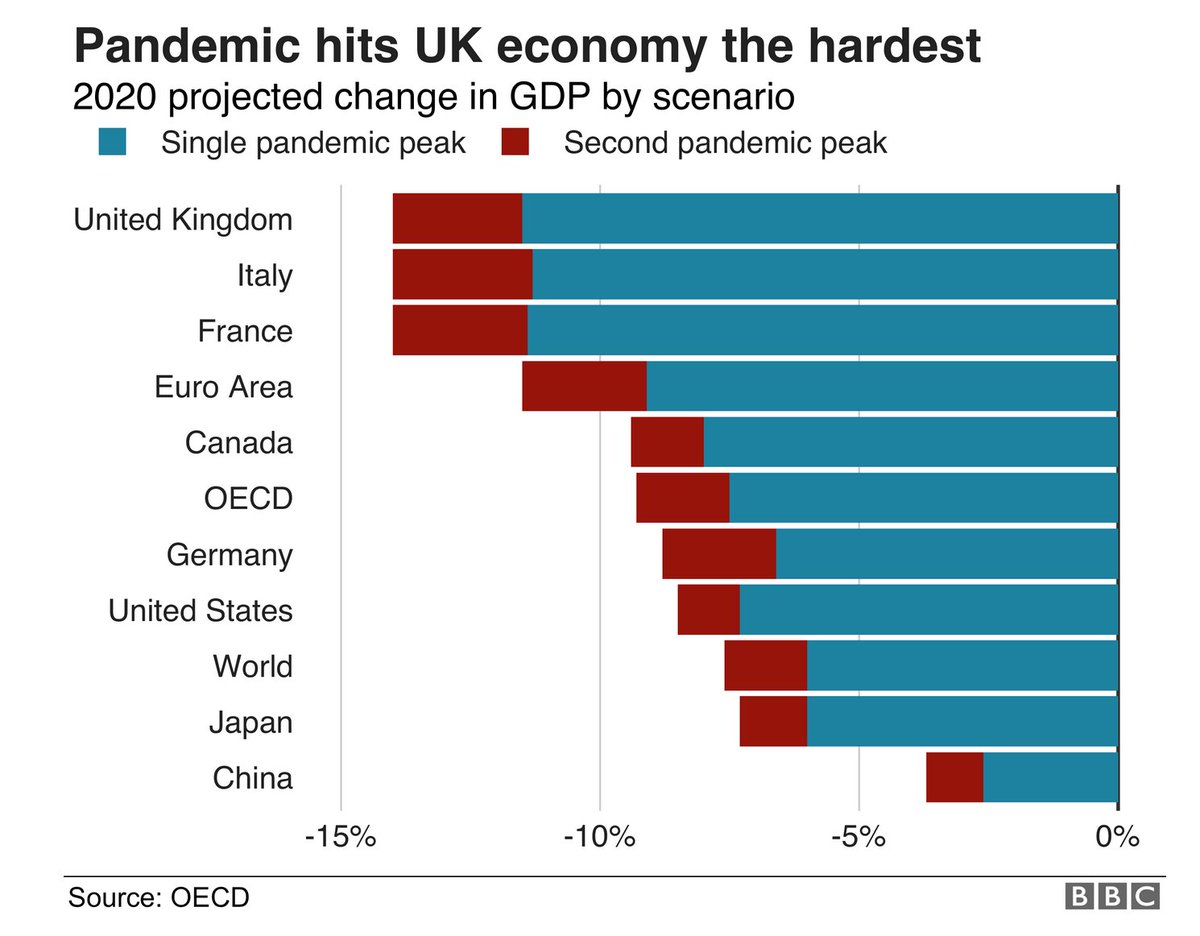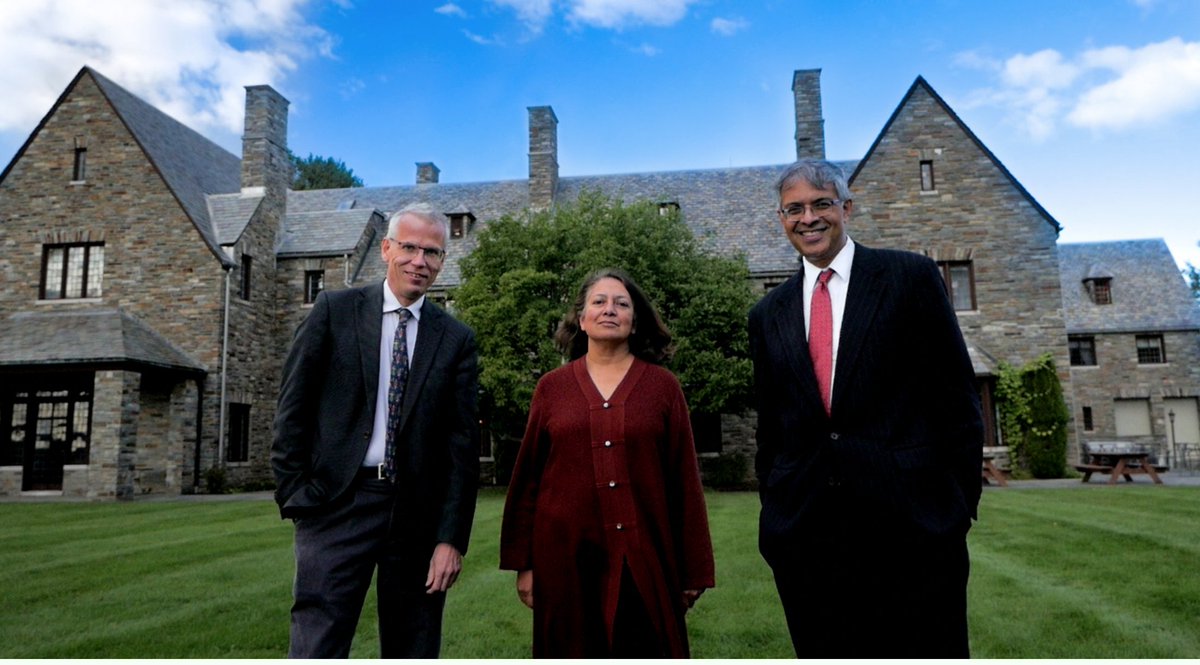
The PM says he 'totally gets the issue of holiday hunger'. Here are a few reminders of a few facts (1)
news.sky.com/story/free-sch…
news.sky.com/story/free-sch…
In 2019 Professor Philip Alston, the United Nations Special Rapporteur on extreme poverty and human rights, wrote the following: (4) 

And the impact of Universal Credit under this government has not allayed child poverty. A Joseph Rowntree report estimated universal credit would fall for unemployed people between 2016 and 2020. (7) 

During the coronavirus surge in unemployment the govt has increased Universal Credit by £20 per wk which increases the median replacement rate of income across all employees from 50 to 53 per cent, and among single people from 23 to 30 per cent. Welcome but not revolutionary. (8)
• • •
Missing some Tweet in this thread? You can try to
force a refresh






